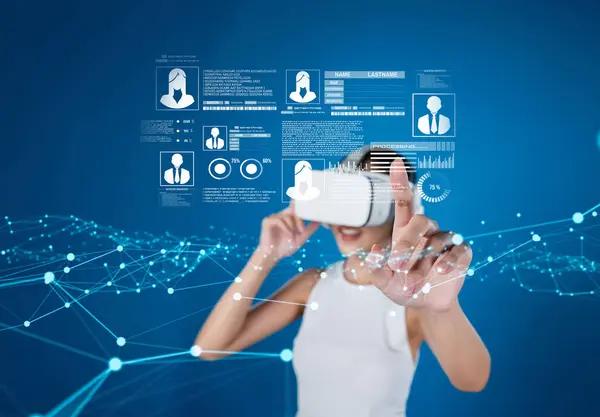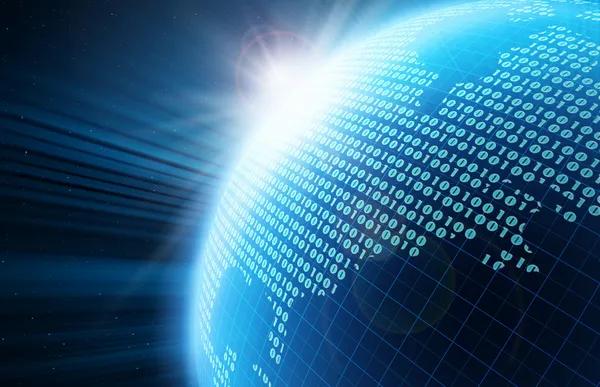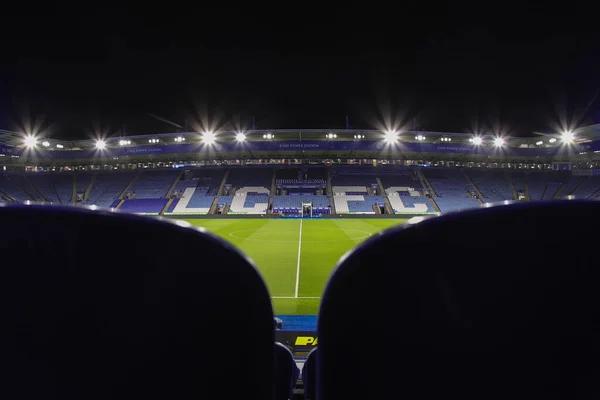The Internet of Things (IoT) has dramatically transformed the way we live, work, and communicate. It is a network of interconnected devices that collect and exchange data to improve efficiency, accuracy, and economic benefits. The role of IoT in enhancing smart infrastructure is significant as it provides real-time information for better decision-making.
Smart infrastructure refers to the integration of physical structures with digital technology to monitor, control, and manage resources efficiently. These include buildings, bridges, roads, power grids among others which are embedded with sensors or actuators that can transmit data over the internet.
IoT plays a critical role in building smart cities by improving urban services such as transportation systems through sportgiftz.com traffic management solutions. Sensors installed on roads provide real-time traffic updates which help in reducing congestion and improving road safety. thinkmariajuana.com Similarly, parking myhomeactive.com sensors guide drivers towards free parking spaces thereby saving time and fuel consumption.
In terms of energy management, IoT has revolutionized the way we consume energy by making it more efficient and sustainable. Smart meters connected via IoT enable techcrumz.com users to monitor their energy usage patterns in real-time leading to cost savings due to reduced wastage. Furthermore, these devices facilitate grid automation which helps utility companies detect outages instantly thus ensuring quicker restoration times.
IoT also plays an essential role in water management by implementing smart irrigation systems that use soil moisture sensors to determine when crops need watering thereby conserving water resources.
Moreover, IoT significantly domiciliation-auto-entrepreneur.com contributes towards creating intelligent buildings where various systems like lighting, heating or air conditioning can be controlled remotely using smartphones or tablets resulting in convenience along with significant energy savings.
On another front is public safety; surveillance cameras empowered by IoT technologies help law enforcement agencies keep tabs on criminal activities while emergency response systems ensure quick reactions during disasters thus protecting lives and property.
However despite its numerous advantages there are challenges associated with implementing IoT into infrastructure development including privacy concerns due to extensive data collection along with cybersecurity threats that could lead to unauthorized access or manipulation of data. Therefore, cruisissafe.com robust security measures itstoodayeasy.com need to be put in place to safeguard against these risks.
In conclusion, IoT is a game-changer in enhancing smart infrastructure by making it more efficient, sustainable and resilient. It offers a myriad of opportunities for improving the quality of life while also addressing environmental concerns. As technology continues to advance, the role of IoT in shaping our future cities will only increase thereby necessitating its adoption andunlockmobile.com across all sectors. Thus, embracing IoT is not just an option but a necessity for developing smart and sustainable infrastructure that can cater to the growing needs of urbanization.




